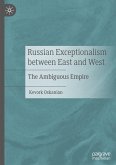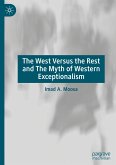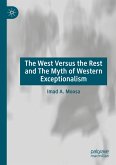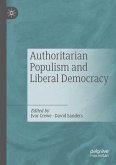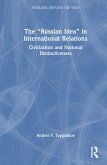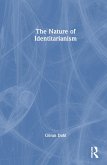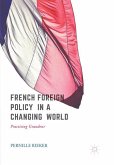This monograph provides a novel long-term approach to the role of Russia's imperial legacies in its interactions with the former Soviet space. It develops 'Hybrid Exceptionalism' as a critical conceptual tool aimed at uncovering the great power's self-positioning between 'East' and 'West', and its hierarchical claims over subalterns situated in both civilizational imaginaries. It explores how, in the Tsarist, Soviet, and contemporary eras, distinct civilizational spaces were created, and maintained, through narratives and practices emanating from Russia's ambiguous relationship with Western modernity, and its part-identification with a subordinated 'Orient'. The Romanov Empire's struggles with 'Russianness', the USSR's Marxism-Leninism, and contemporary Russia's combination of feigned liberal and civilizational discourses are explored as the basis of a series of successive civilising missions, through an interdisciplinary engagement with official discourses, scholarship, and the arts. The book concludes with an exploration of contemporary policy implications for the West, and the former Soviet states themselves.
Bitte wählen Sie Ihr Anliegen aus.
Rechnungen
Retourenschein anfordern
Bestellstatus
Storno


